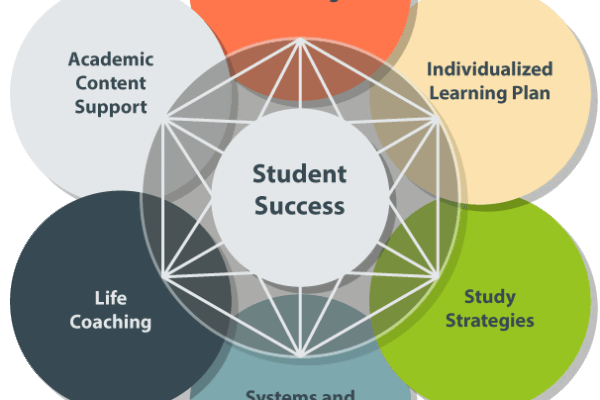Competency-Based Education Gains New Ground
Jennifer Crandall, policy research analyst for ACE’s Center for Policy Research and Strategy, on the Monday afternoon session, “Competency-Based Education: An Investment in the Future.”
Partnering with Flat World, Brandman University (CA) offers an online competency-based bachelor’s degree in business administration (BBA). Competency-based education (CBE) allows students to demonstrate skills and knowledge in a given domain through competency-based assessments instead of through accumulation of credit hours.
Brandman Chancellor Gary Brahm spoke to ACE Annual Meeting attendees about the partnership in Monday’s session, “Competency-Based Education: An Investment in the Future.”
The university, which serves a large adult student population, is one of four institutions to receive approval of its CBE program from both the U.S. Department of Education and its regional accreditor.
The competency-based BBA degree is designed to boost student outcomes, lower tuition and enhance faculty effectiveness.
Flat World instructional designers worked with Brandman faculty to design and implement a cloud based educational platform with social and adaptive content.
Flat World CEO Chris Etesse emphasized that this relationship is maintained over time in order “to keep content relevant and up to date.”
Before enrolling in the self-paced BBA program, prospective students must take a free Competency Introductory Model that introduces them to Brandman’s CBE program and strategies designed to help them succeed.
Once admitted to the program, students are supported by academic coaches and tutorial faculty throughout their degree program. Sixty percent of the assessments are project- or paper-based, while 40 percent are objective-based.
Brandman’s new competency-based BBA costs students $5,400 a year for all they can learn. Embedded content is free, so students do not need to purchase textbooks. Estimated completion time is 30 months, for an estimated total of $13,500.
The self-paced BBA program enables students to spend more time working toward their degree compared to a traditional semester system. Financial aid is awarded based on completion of competencies, not credit hours.
Brandman University, part of the Chapman University System, serves 12,000 students annually and offers programs online and at more than 27 location throughout California and Washington.
If you have any questions or comments about this blog post, please contact us.


